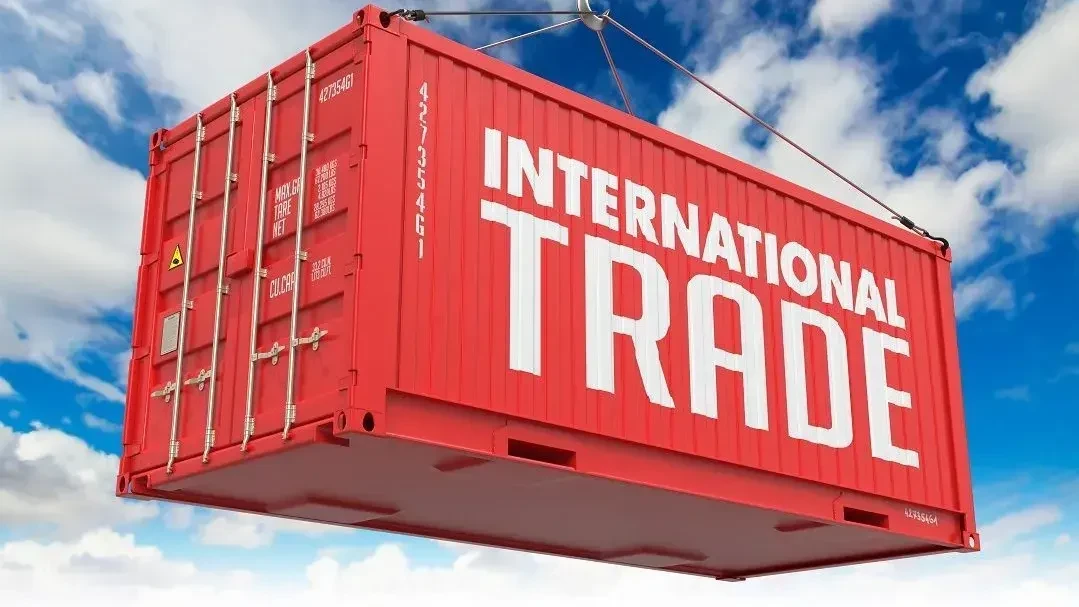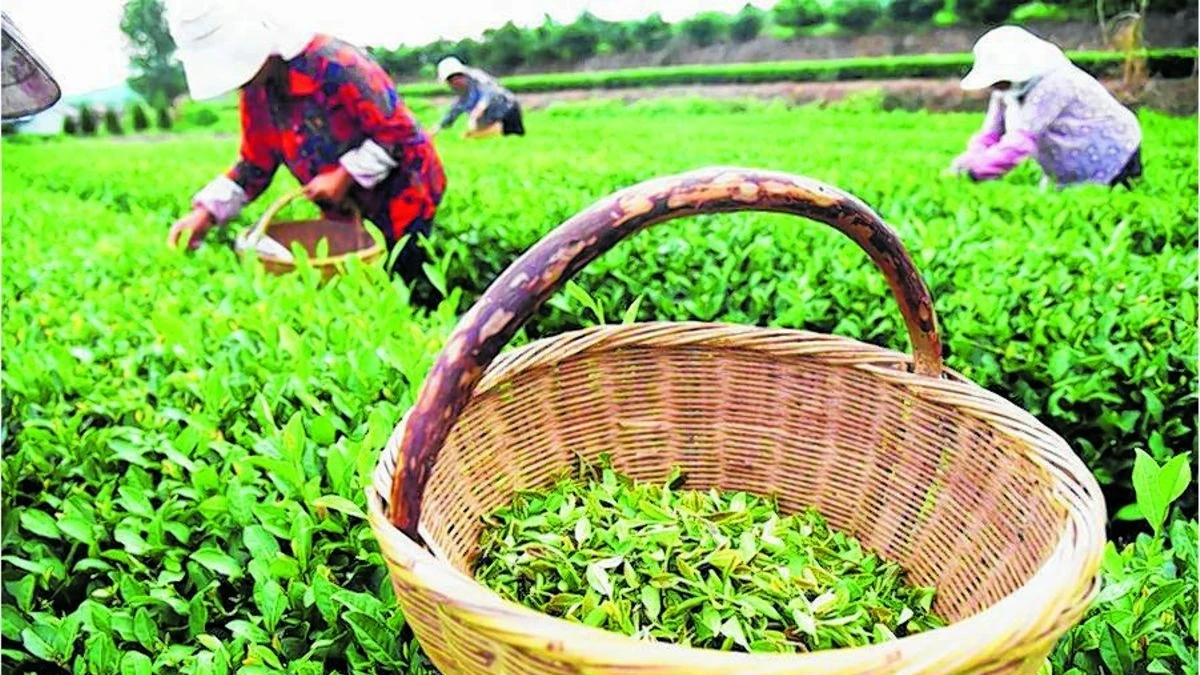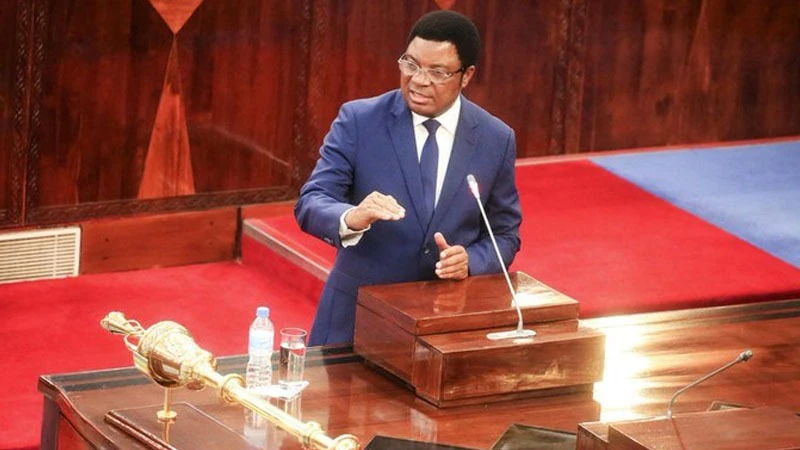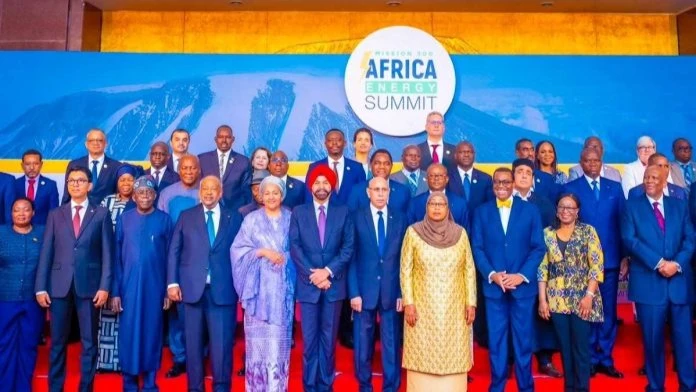Bagamoyo Port leasing rumours point to inner state of our ‘fears’
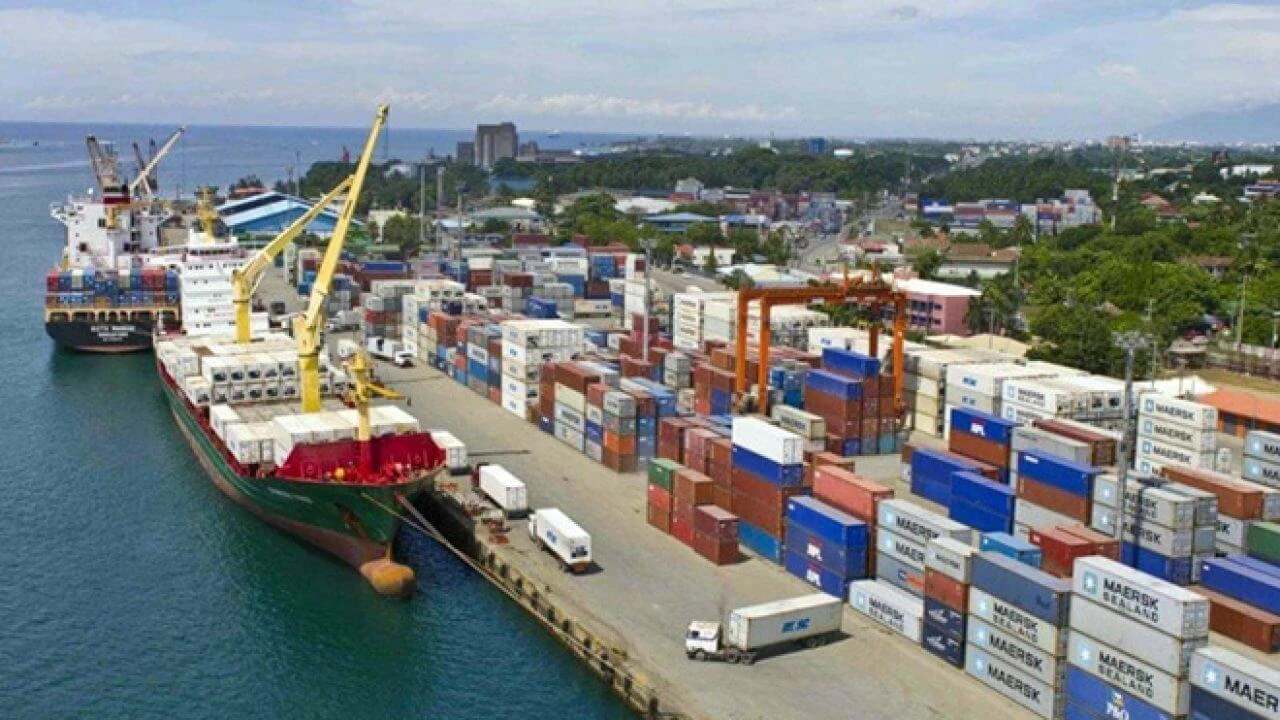
REPORTS that government has categorically refuted claims reports circulating on social media that a Saudi company has acquired rights to develop and operate Bagamoyo Port illustrate what animates political and economic sentiment in the country.
The Planning and Investment wing of the President’s Office made a hurried clarification in a statement at the weekend.
It meanwhile reaffirmed the key objective that the government is at various stages of implementing the Bagamoyo Special Economic Zone as one of 17 flagship projects under the five-year development plan ending in the coming financial year.
As the rumours weren’t tied to igniting disaffection with authorities for the supposed move, what is implied is that even when these technical proceedings are concluded, the result should be quite different from what the rumours were asserting.
It is also to suggest that some other modality or firm should be found to develop the port. There are gratuitous arguments which don’t need to be rebutted, as everyone recalls the ‘fist of fury’ that was raised among critics and activists on the DP World arrangements on the container terminal at the port of Dar es Salaam.
It is not very easy to say how many flagship projects of the five-year plan have been implemented so far or will surely take off in the coming financial year.
This is in part considering the labour the government puts into negotiations meant to win the terms it wants. An example is the liquefied natural gas project, with respect to which the government has reassured investors on several occasions.
The fate of the Bagamoyo Port project could be a bit hard to predict, while the Kibaha Industrial Park project looks much more promising – just as one would be optimistic about those relating to free trade zones. Getting the right public-private partnership (PPP) arrangement can be complicated indeed.
A major component of investment outlays witnessed the world over is making land itself the premise of raising adequate capital or creating workable partnerships with local partners, even collaboration between the public and private sectors.
It is possible that various investors at the local, regional and international level may have expressed interest in participating in various projects at the Bagamoyo Port complex.
However, unless they have an overriding mercantile interest as in the case of the Dar es Salaam Port, forming such partnerships are complicated by treating land as a passive component used as capital by the land holder instead of its being converted into property and fetch the right loan arrangements.
Depending on how this and other aspects of investment valuation are handled, we can be increasingly safe to assume that as many of the projects we have been dreaming or have actually devised or drawn up in the recent will stand a big chance of witnessing a high degree of success.
Top Headlines
© 2025 IPPMEDIA.COM. ALL RIGHTS RESERVED






